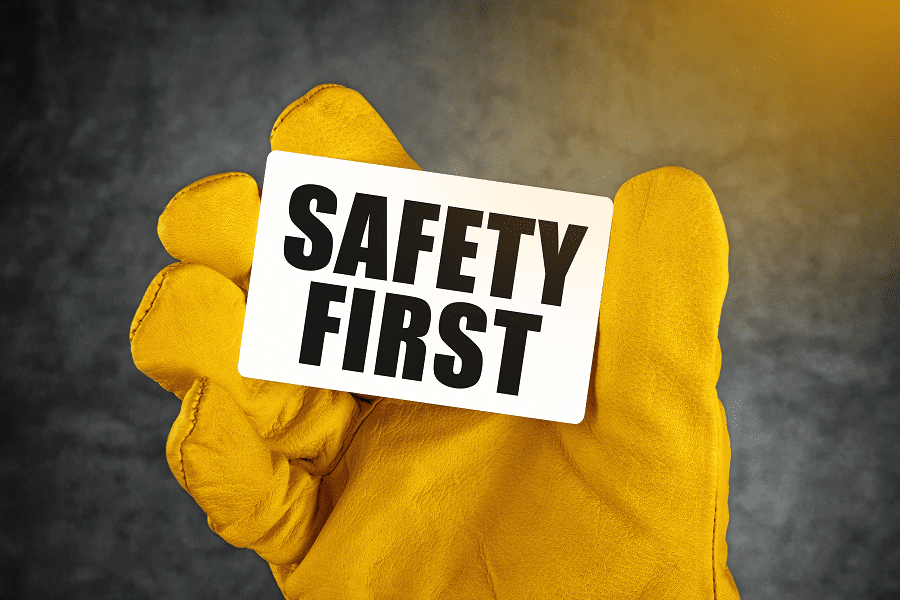[av_gallery ids=’8469′ style=’big_thumb lightbox_gallery’ preview_size=’large’ crop_big_preview_thumbnail=’avia-gallery-big-crop-thumb’ thumb_size=’portfolio’ columns=’5′ imagelink=’lightbox’ lazyload=’avia_lazyload’ av_uid=’av-ijyil1′ admin_preview_bg=”]
[av_hr class=’invisible’ height=’25’ shadow=’no-shadow’ position=’center’ custom_border=’av-border-thin’ custom_width=’50px’ custom_border_color=” custom_margin_top=’30px’ custom_margin_bottom=’30px’ icon_select=’yes’ custom_icon_color=” icon=’ue808′ font=’entypo-fontello’ av_uid=’av-jxkleobg’ admin_preview_bg=”]
[av_textblock size=” font_color=” color=” av-medium-font-size=” av-small-font-size=” av-mini-font-size=” av_uid=’av-jxajr8nn’ admin_preview_bg=”]
Is Propylene Glycol Safe?
The Food and Drug Administration has classified propylene glycol as an additive that is “generally recognized as safe,” which means that it is acceptable to use in flavorings, drugs, and cosmetics, and as a direct food additive. The toxicity of propylene glycol is very low. It has not been found to cause cancer, damage genes, or interfere with fertility or reproduction.
[/av_textblock]
[av_textblock size=” font_color=” color=” av-medium-font-size=” av-small-font-size=” av-mini-font-size=” av_uid=’av-jxajqq4o’ admin_preview_bg=”]
What is Propylene Glycol and How is It Used?
Propylene glycol is a sticky, colorless liquid that is almost odorless but has a faintly sweet taste. It is used to maintain moisture by absorbing extra water in certain medicines, cosmetics, or food products. It is a solvent for food flavors and colors and is also a solvent used in the plastics and paint industries. Propylene glycol is also used to create artificial smoke or fog used in fire-fighting training and theatrical productions, as well as e-cigarettes, because it produces a smoke-like vapor when heated and mixes well with flavoring ingredients.
The following are uses and safety regulations of propylene glycol:
- Medicines
- Propylene glycol has been implicated to be toxic by the pediatric population. Absorption of creams applied to burns containing propylene glycol have been reported to cause cases of hyperosmolality. Hemolysis, central nervous system depression, and contact dermatitis have also been reported after topical application. Because propylene glycol is metabolized to lactic acid, lactic acidosis has been reported. However, propylene glycol is generally regarded as safe when used as a pharmaceutical additive.
- Cosmetics
- Propylene glycol is used in small amounts to keep products from melting or freezing and helps active ingredients penetrate the skin. Propylene glycol also helps the skin and hair absorb and retain moisture. It absorbs excess water in a formula which reduces bacteria growth to help your products last longer. In haircare products, it softens the hair and makes it easy to comb through. The Cosmetic Ingredient Review Board and other groups have analyzed all of the toxicology data and exposure studies concerning topical application of propylene glycol as commonly used in cosmetics products. They concluded that it propylene glycol is safe and does not pose a health risk to consumers.
- Food
- Propylene glycol is often used to maintain the moisture in prepared foods and uphold its flavor quality for extended periods of time. As a food additive, propylene glycol is metabolized in the body and used as a normal carbohydrate source. Long-term use and substantial quantities of propylene glycol of up to five percent of the total food intake can be consumed without causing toxicity. It is recommended to limit intake to 11.4 mg per pound (25 mg/kg) of body weight per day.
- Antifreeze
- Propylene glycol is significantly less toxic than ethylene glycol and may be labeled as “non-toxic antifreeze.” It is used as antifreeze where ethylene glycol would be inappropriate, such as in food-processing systems or in water pipes in homes where incidental ingestion may be possible.
- Inhalation
- Propylene glycol is an irritant, but no serious conditions occur when people inhale it over a short period of time. However, those exposed to higher levels are more likely to report nose, throat and breathing-related symptoms, as well as inflammation of the vocal cords. As a result, glycol-based systems are designed to heat fog fluids to the lowest temperature needed in order to achieve proper aerosolization, and overheating e-juice produces such a horrible taste that all vape users avoid it anyways.
[/av_textblock]
[av_textblock size=” font_color=” color=” av-medium-font-size=” av-small-font-size=” av-mini-font-size=” av_uid=’av-jxajwakk’ admin_preview_bg=”]
Does Propylene Glycol Affect Your Health?
Propylene glycol increases the amount of acid in the body, but large amounts of propylene glycol are needed in order to cause an unsafe amount of acid. Propylene glycol breaks down at the same rate as ethylene glycol but does not form harmful crystals when it breaks down.
You should still be aware of the following:
- People with kidney or liver damage are not able to clear out propylene glycol from the blood as effectively as healthy people. When receiving very high doses of it in medications, they have an increased risk of developing toxicity.
- Young children and infants are not able to process propylene glycol as effectively as adults. Therefore, they are at risk of it building up in their bodies and developing symptoms of toxicity when exposed to high doses in medications.
- In vulnerable populations, high doses of propylene glycol from medications can cause problems with blood pressure and heart rate. However, there is no connection between heart problems and the amount of propylene glycol found in the diet.
- At toxic levels, propylene glycol has been found to cause seizures and severe neurological symptoms. There have also been cases of nausea, vertigo, and strange sensations.
- Between 0.8% and 3.5% of people are allergic to propylene glycol. Common symptoms include a rash on the face or body. Frequent skin exposure to propylene glycol can sometimes lead to skin irritation.
By reading labels, looking for it as an ingredient, or searching for it as the additive number “E1520,” you can avoid propylene glycol in foods. Use online sources to help identify hygiene products that contain it. For medications, ask your doctor or pharmacist.
[/av_textblock]
[av_textblock size=” font_color=” color=” av-medium-font-size=” av-small-font-size=” av-mini-font-size=” av_uid=’av-jxbv7xkw’ admin_preview_bg=”]
Interested in purchasing Propylene Glycol? Visit our shop page here!
You can also email info@ecolink.com or call (800) 886-8240 if you have any further questions.
[/av_textblock]















